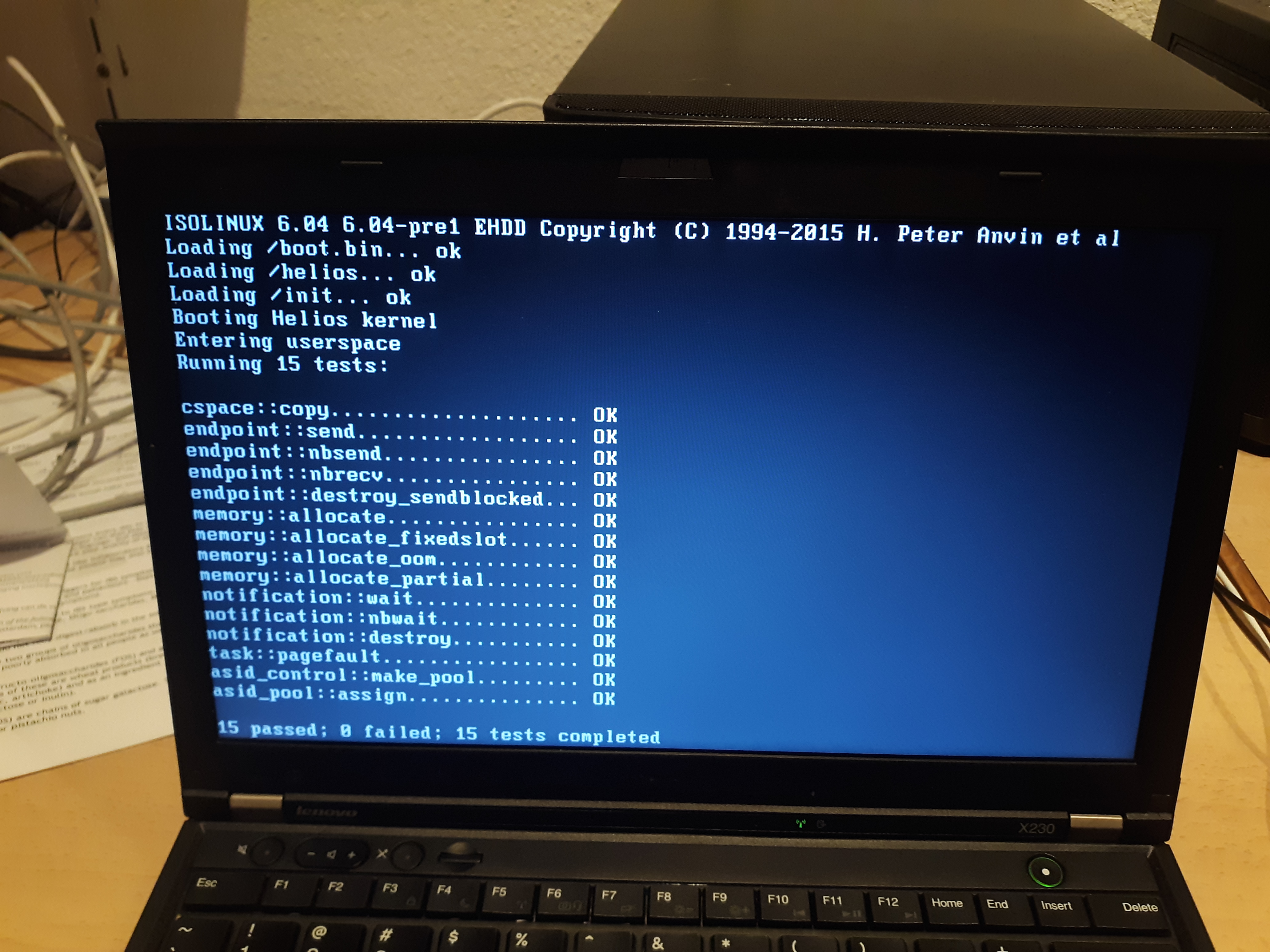Feed digilinux.ru [copy] http://digilinux.ru/feed/ has loading error: cURL error 22: The requested URL returned error: 403 Forbidden
Feed freepost [copy] https://freepo.st/rss/new has loading error: cURL error 22: The requested URL returned error: 500
Feed Pete [copy] https://debu.gs/blog/feed.rss has loading error: cURL error 60: SSL certificate problem: certificate has expired
Codegen in Hare v2
I spoke about code generation in Hare back in May when I wrote a tool for generating ioctl numbers. I wrote another code generator over the past few weeks, and it seems like a good time to revisit the topic on my blog to showcase another approach, and the improvements we’ve made for this use-case.
In this case, I wanted to generate code to implement IPC (inter-process communication) interfaces for my operating system. I have designed a DSL for describing these interfaces — you can read the grammar here. This calls for a parser, which is another interesting topic for Hare, but I’ll set that aside for...
In praise of Plan 9
Plan 9 is an operating system designed by Bell Labs. It’s the OS they wrote after Unix, with the benefit of hindsight. It is the most interesting operating system that you’ve never heard of, and, in my opinion, the best operating system design to date. Even if you haven’t heard of Plan 9, the designers of whatever OS you do use have heard of it, and have incorporated some of its ideas into your OS.
Plan 9 is a research operating system, and exists to answer questions about ideas in OS design. As such, the Plan 9 experience is in essence an exploration of the interesting ideas it...
Notes from kernel hacking in Hare, part 3: serial driver
Today I would like to show you the implementation of the first userspace driver for Helios: a simple serial driver. All of the code we’re going to look at today runs in userspace, not in the kernel, so strictly speaking this should be “notes from OS hacking in Hare”, but I won’t snitch if you don’t.
Note: In the previous entry to this series, I promised to cover the userspace threading API in this post. I felt like covering this instead. Sorry!
A serial port provides a simple protocol for transferring data between two systems. It generalizes a bit, but for our purposes we can just think...
TOTP for 2FA is incredibly easy to implement. So what's your excuse?
Time-based one-time passwords are one of the more secure approaches to 2FA — certainly much better than SMS. And it’s much easier to implement than SMS as well. The algorithm is as follows:
Divide the current Unix timestamp by 30 Encode it as a 64-bit big endian integer Write the encoded bytes to a SHA-1 HMAC initialized with the TOTP shared key Let offs = hmac[-1] & 0xF Let hash = decode hmac[offs .. offs + 4] as a 32-bit big-endian integer Let code = (hash & 0x7FFFFFFF) % 1000000 Compare this code with the user’s codeYou’ll need a little dependency to generate QR codes with the otpauth:// URL scheme,...
Status update, October 2022

After a few busy and stressful months, I decided to set aside October to rest. Of course, for me, rest does not mean a cessation of programming, but rather a shift in priorities towards more fun and experimental projects. Consequently, it has been a great month for Helios!
Hare upstream has enjoyed some minor improvements, such as from Pierre Curto’s patch to support parsing IPv6 addresses with a port (e.g. “[::1]:80”) and Kirill Primak’s improvements to the UTF-8 decoder. On the whole, improvements have been conservative. However, queued up for integration once qbe upstream support is merged is support for @threadlocal variables, which are useful for Helios and...
In praise of ffmpeg
My last “In praise of” article covered qemu, a project founded by Fabrice Bellard, and today I want to take a look at another work by Bellard: ffmpeg. Bellard has a knack for building high-quality software which solves a problem so well that every other solution becomes obsolete shortly thereafter, and ffmpeg is no exception.
ffmpeg has been described as the Swiss army knife of multimedia. It incorporates hundreds of video, audio, and image decoders and encoders, muxers and demuxers, filters and devices. It provides a CLI and a set of libraries for working with its tools, and is the core component of many video and audio players...
Activating an Apple Watch eSIM w/ O2
When activating an Apple Watch eSIM, the process is usually pretty straightforward. Most providers are using a QR code that you can scan during setup – this transfers the eSIM data and off you go. Not with O2 though – at least here in Germany; they open a builtin web browser and require you to log into your account to order the eSIM from within your account. So I tried this. During eSIM setup in the O2 login form, you can choose between login via E-Mail-Address or phone number. If you try the E-Mail-Address you get an error message w/...